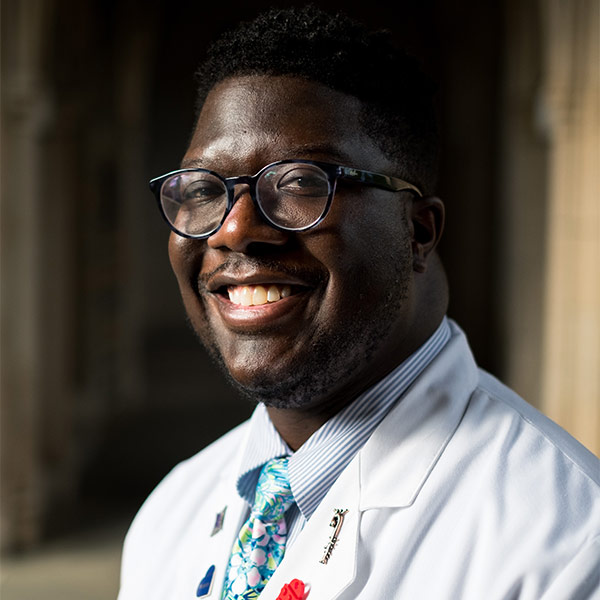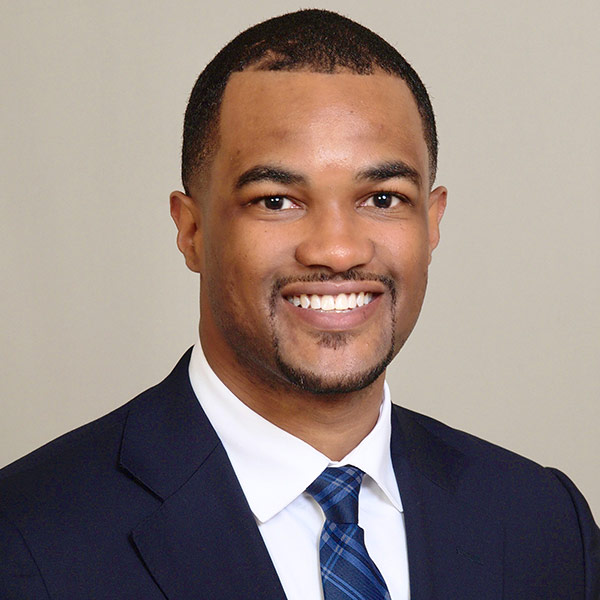Two Pandemics, One Responsibility: Constructing a Response to COVID-19 and Systemic Racism
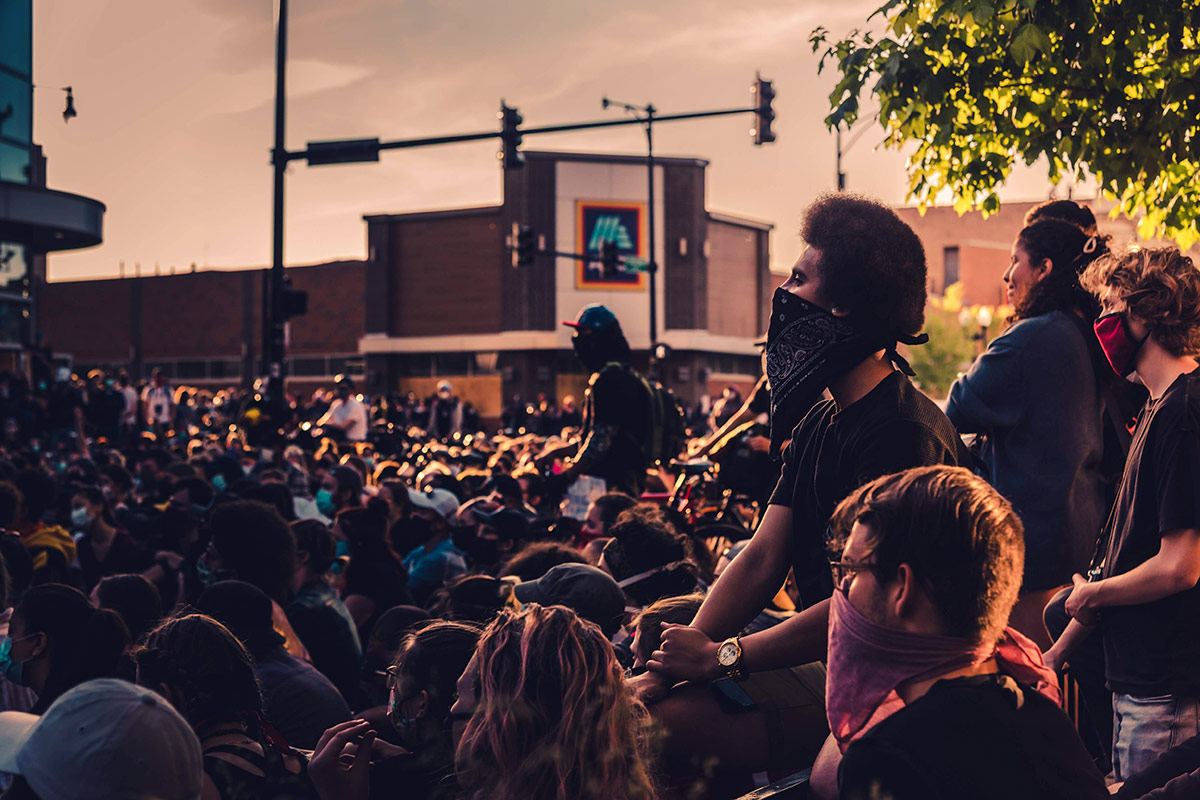
The year 2020 has felt relentless with two pandemics gripping the U.S. The first, coronavirus disease-2019 (also known as SARs-COV-2), struck as an invisible enemy, responsible for more than 100,000 U.S. deaths and the loss of millions of jobs.
The second, systemic racism, has been present for centuries, since the very founding of our country, and has been forced to the forefront of our collective consciousness once again.
With COVID-19, we have seen our health care systems tested, being pushed to the brink of capacity in many regions.
Concurrently in our communities, we witnessed the killings of three people: Ahmaud Aubrey, Breonna Taylor and George Floyd; they are now immortalized as the latest hashtags on social media in a growing and grisly list of lives lost solely because of the color of their skin.
As two Black male cardiology fellows in training, we see this moment as a necessary awakening for the country that must be harnessed in order to build a better, more unified tomorrow.
The effects of the two pandemics are inextricably linked.
COVID-19 has disproportionately affected minority populations in the U.S. Black and Latinx citizens have endured higher rates of hospitalization and death related to the virus.
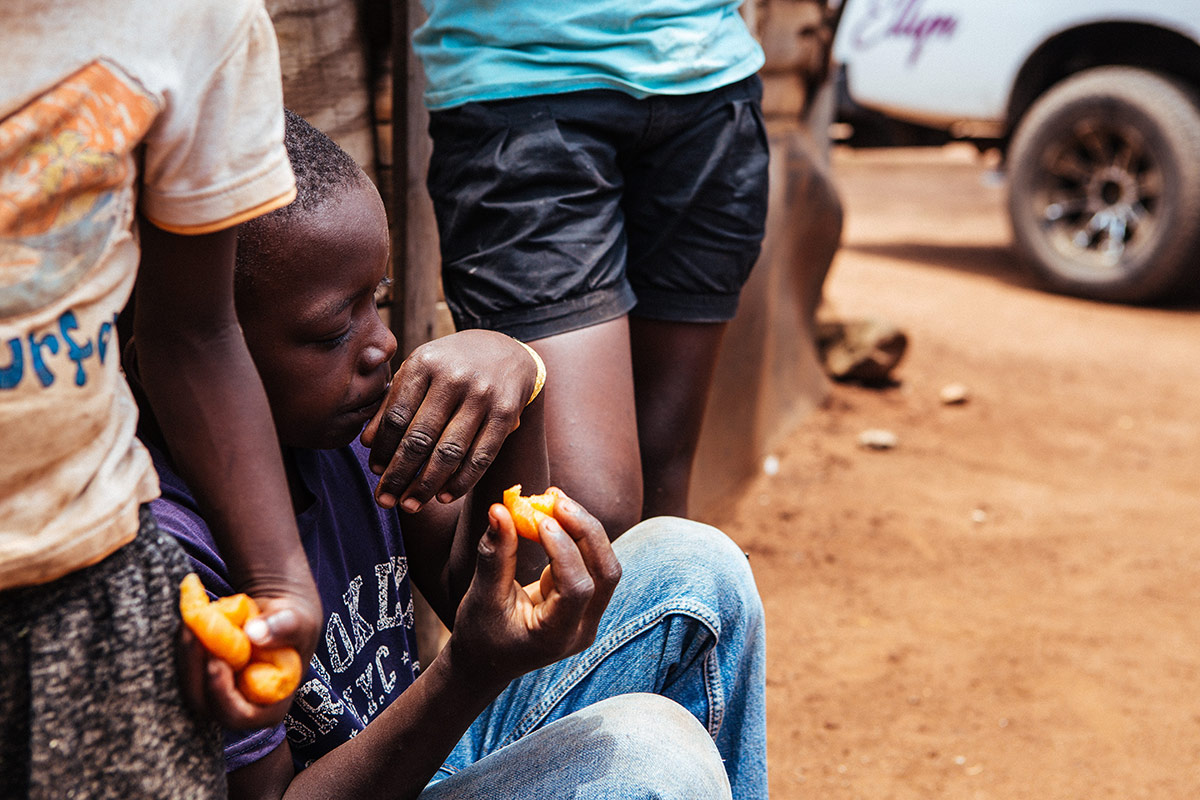
The reasons for this disparity are myriad.
The social determinants of health – defined by the World Health Organization as the conditions in which people are born, grow, live, work, age and the wider set of forces and systems shaping the conditions of daily life – play a major role in shaping disparity in disease burden.
Systemic racism has made it such that minority populations experience the most deleterious effects with respect to social determinants of health. These include economic instability, food and housing insecurity, lower educational attainment, and lack of access to health care.
With these odds stacked against so many Americans, we recognize that the comorbidities that place patients at increased risk for poor outcomes from the virus exist in higher rates in the vulnerable.
Due to many factors, including the overrepresentation of minorities in essential jobs, steps that may mitigate risks of contracting coronavirus, such as social distancing, are a privilege in which only some can partake.
George Floyd straddled this line. He was diagnosed with and survived COVID-19 in April only to be murdered in an act of police brutality in May.
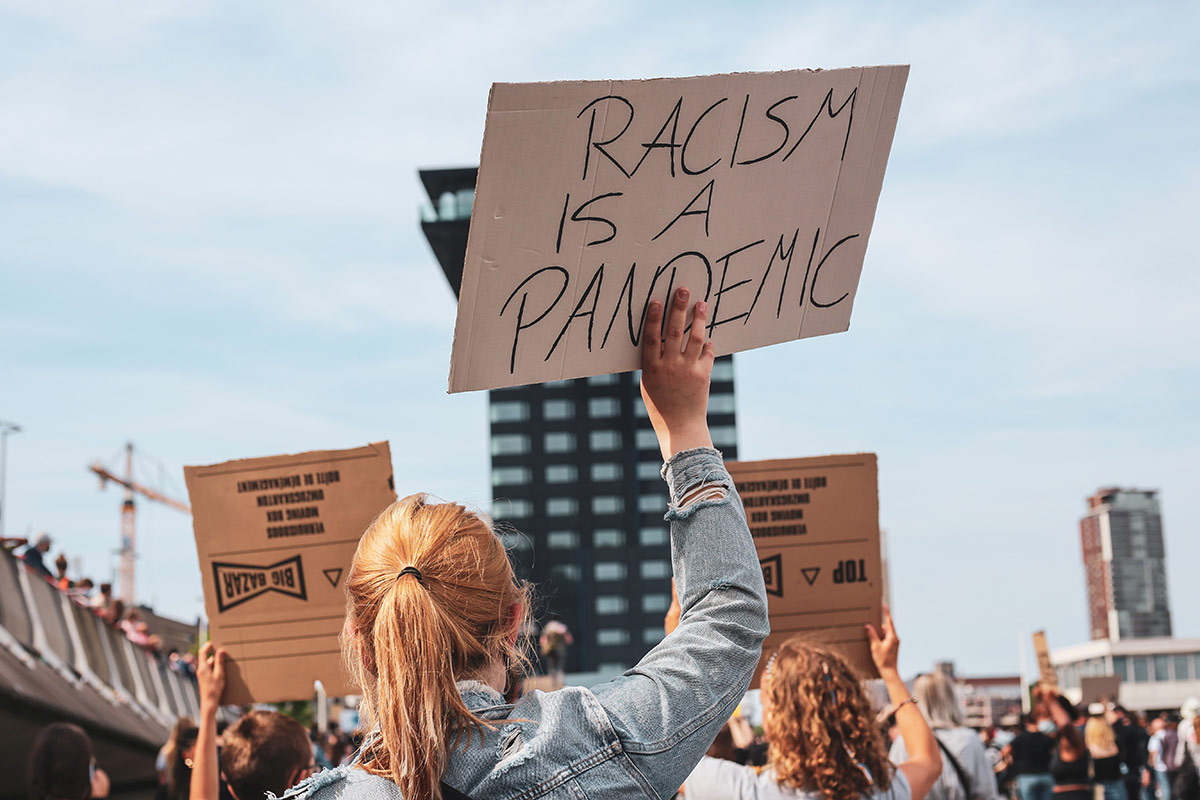
Indeed, more than 1 in 2000 Black Americans have died so far from COVID-19.
Meanwhile, Black men face a 1 in 1000 chance of being killed by police.
These are the startling statistics. Recognizing this, how can we chart a path forward, in medicine and in life?
It starts with protest; as physicians and as citizens, it is our right and duty to demand improvement in many pressing situations, including the two pandemics that we currently face.
For COVID-19, we saw an outcry for adequate personal protective equipment early in the pandemic. Now, the streets are filled in every state in the U.S. with people of all walks of life protesting police brutality and racial injustice.
But the protests must not end there.
We should use our voices in local, state and national government to fight for policy change for vulnerable patients. Recognizing that environmental racism exists, we should demand clean water and air in minority communities disproportionately affected by pollutants.
Protesting inequalities in medicine may entail demanding funding for health literacy research and developing tools to bridge the gap in health equity at the encounter level. The opportunities are endless when we use our voices for change.
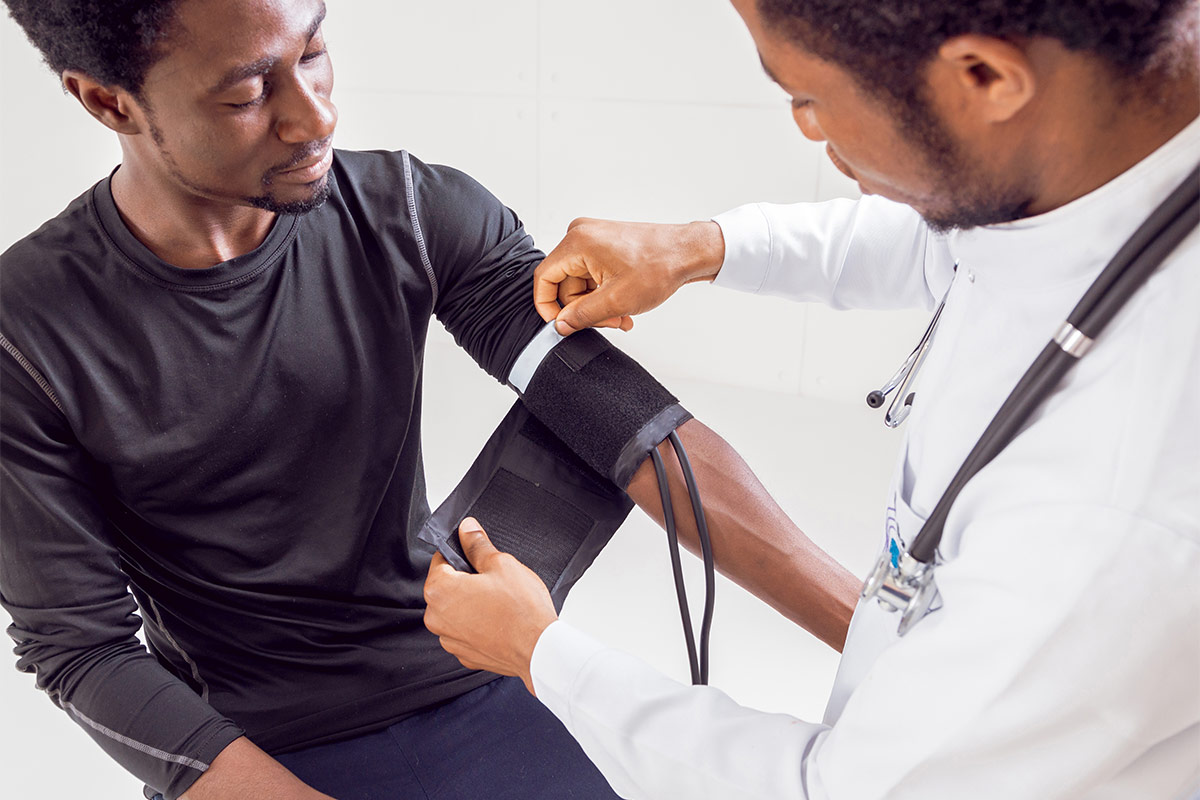
Secondly, we must redouble our efforts in the examination room.
- How well are we listening to our patients?
- Do we know their stories?
- Are we using their lessons to help treat them as a whole?
Though medical encounters are brief, we have a duty to strengthen the physician-patient relationship. This is true for all patients, but especially for Black patients who have historically been disenfranchised.
Trust in the medical system has been repeatedly tarnished by infamous atrocities like the Tuskegee Syphilis Experiment and the continued perils of Black maternal morbidity and mortality rates.
Development of concrete trust can only be built through the human interactions in which we participate over time.
Lastly, we have to work to continue to diversify the physician workforce and support underrepresented minority physicians throughout their careers.
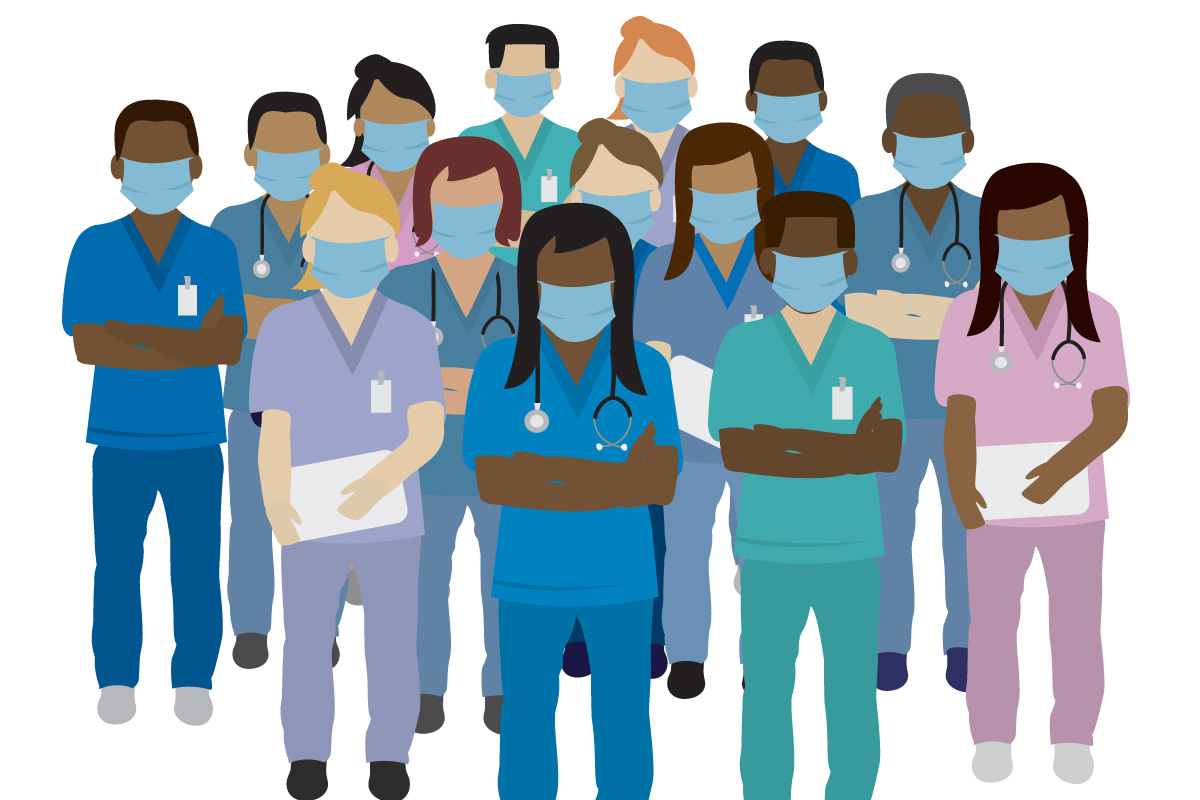
We know that racial concordance between Black patients and physicians can improve care. Also, diverse teams are better teams and provide better care.
When underrepresented minority physicians do matriculate through training and beyond, we should recognize that they face discrimination and bias. All physicians should feel empowered to be outspoken allies for trainees and colleagues.
When we observe mistreatment, we can no longer sit idly by. We must speak up and call out discrimination whether based on race, ethnicity, gender, sexual orientation, or otherwise. Our colleagues need the voices of all physicians.
In many respects, our nation is failing. We are in a fight for its heartbeat, to create a signal for the world that we will do what is right for all of our citizens, including our most vulnerable.
To do so, we need all physicians in this fight to protest, to shout, to vote, to learn, to build, and to breathe.


